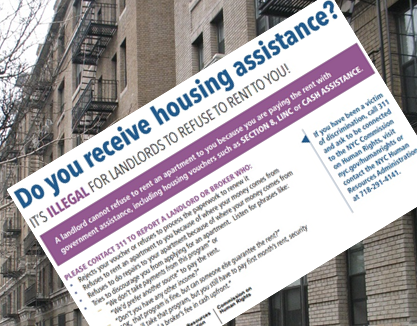
Murphy, Comm. on Human Rights
Often it seems like everyone loves Section 8. Some landlord lobbyists like the program because it protects the poor without reaching into the pockets of property owners. Homeless advocates yearn for more Section 8 because, unlike city-funded transitional programs, it’s permanent. Many people who want to save public housing advocate converting NYCHA apartments to it because, unlike traditional public housing, Section 8 has a nationwide, bipartisan constituency.
A terrific WNYC-Daily News-CUNY graduate school investigation reveals that not everyone loves Section 8, however. The story reports that landlords turn down new tenants bearing Section 8 vouchers and that property owners already in the system sometimes deliberately fail inspections so they can leave Section 8 and evict their tenants.
It’s a pretty disturbing problem, given that Section 8—which some 87,000 New York households receive and 121,000 are on the waiting list to get—has become such a backstop to failures and strains in other housing programs.
One element of the problem exposed by the News et al—that of landlords refusing Section 8—was targeted in 2008 by a city law that banned “source of income” discrimination by landlords. As long as you can afford the rent with whatever legally-obtained resources you bring to the table (cash, Section 8, HASA benefits, you name it), a landlord can’t shun you. The law was passed over Mayor Bloomberg’s veto when Bill de Blasio was chairman of the Council’s General Welfare Committee. It is enforced by the Commission on Human Rights, which has the power to fine landlords who violate it.
And the commission has done so. In 2014, it ordered one landlord to pay a civil penalty of $2,500 and undergo anti-discrimination training for “posting a discriminatory advertisement refusing to accept Section 8 vouchers as a lawful source of income.” A year earlier the commission ordered a landlord to fork over $5,000 in emotional distress damages in a similar case. In 2012, one tenant received $9,000 in reimbursement for payments she made when a landlord refused a Section 8 voucher.
The list goes on. According to commission’s 2015 Annual Report, it “quadrupled the number of investigations into allegations that landlords and brokers discriminated against tenants who seek to use government-funded rental assistance, filing 90 source-of-income cases in 2015, up from 22 in 2014.” Roughly one in nine discrimination cases handled by the commission last year involved source-of-income allegations.
Given that a medium-sized city lives in New York’s Section 8 housing, the commission will never be able to keep up with every case of discrimination. But an infusion of resources could equip it to do more. De Blasio has beefed up the agency considerably—the budget ($12 million) and headcount (121) proposed for the 2017 fiscal year beginning in July are roughly twice what the commission had to work with when the mayor took office. But it is still far smaller than it was, say, in 1991, when the agency had a headcount of 223 people, and the city’s housing crisis wasn’t nearly as intense as it is now.


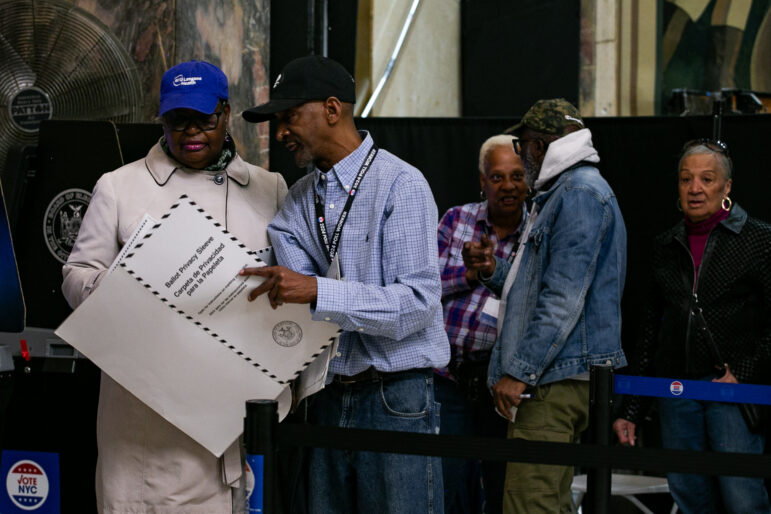
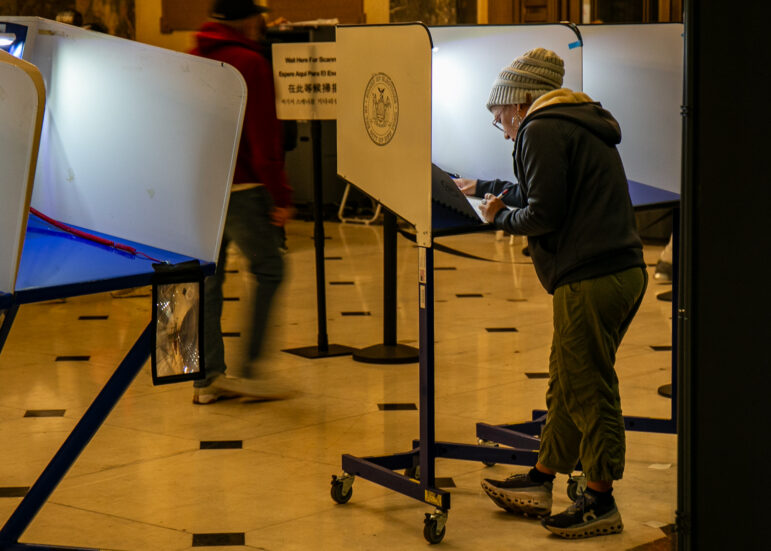
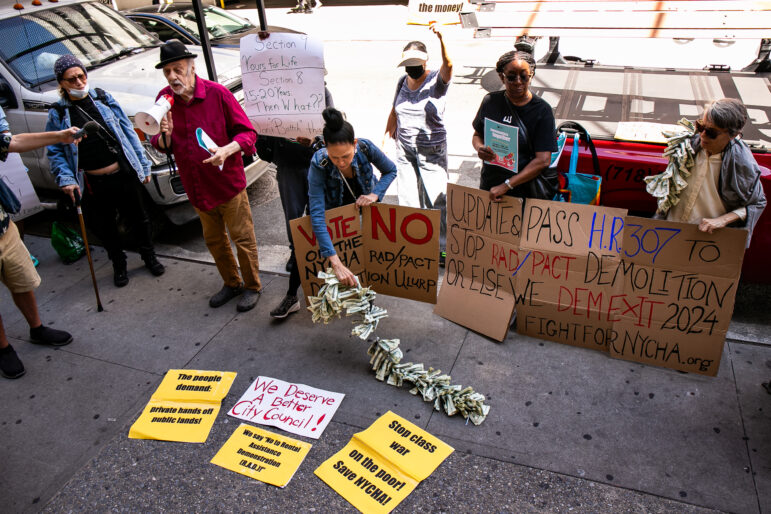
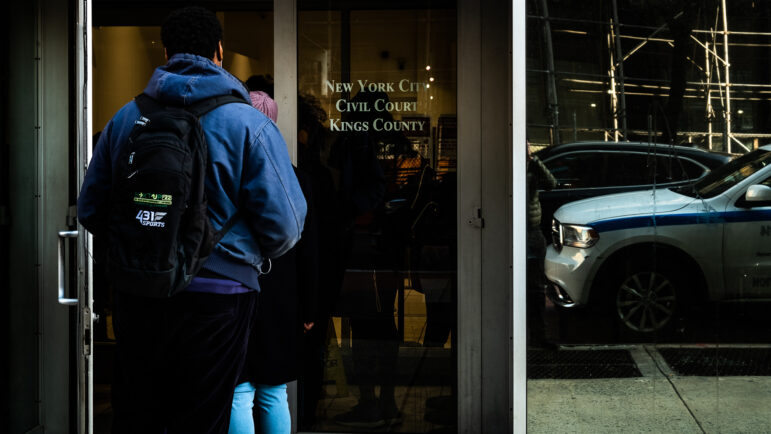
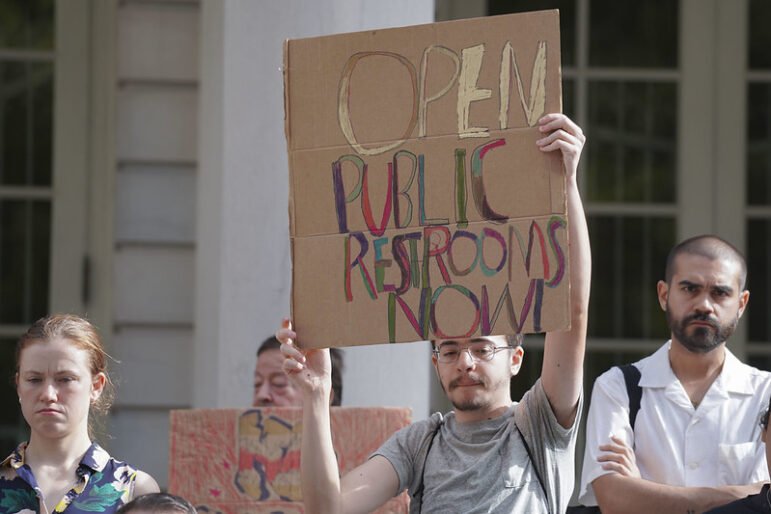


6 thoughts on “City Has a Tool to Police Section 8 Discrimination”
Section-8 tenants are the worst most disruptive renters. That’s just the sad truth of the matter.
How ignorant of you. How can you put EVERYONE in your damn stereotypical box. My mother has had Section 8 for 18 years and not once has she ever received a complaint from the landlord. Not only that but she keeps all of her apartments clean, and even fixes them up. Not everyone is like that. So i’m guessing you’re going to start applying black stereotypes to every black person too? Give me a break.
Then your mom is the exception. Talk to anyone unfortunate to live near section-8 renters. Nothing but trouble. People coming and going at all hours. Drug dealing, etc.
I’ve had Section 8 for 12 years now and I have never been late with my rent and keep my house very clean. I don’t drink, smoke or do drugs… I have been looking for over a year and a half for a bigger apartment to fit my family and cannot find anything because of people who think like you ! Every single landlord has discriminated against me because I have a voucher. How about screening section 8 tenants? , get a character reference and check for rental history like you would do with a tenant who is paying straight cash ? Just because we get help to pay the rent doesn’t mean we are all pieces of sh*t. We are the working poor and deserve a nice place to live just like anyone else.
Im in the same boat as soon as I tell a broker I have section 8 I never hear back and when I try to reach out I get ignored. Im not loud or dirty Im just a mother that also wants to give her children a bigger better place to live.But whats being done were being forced to live either too far or in messed up areas cause these upptiy landlords dont want us in the good areas because of our section 8. Its wrong and disqusting.
That is the most racist comment I have sectiion 8 and I keep my jome clean and if a repair is needed I do it myself . Its a damn shame that people like you think its ok to put everyone with section 8 in one category instead of finding out about the person first.